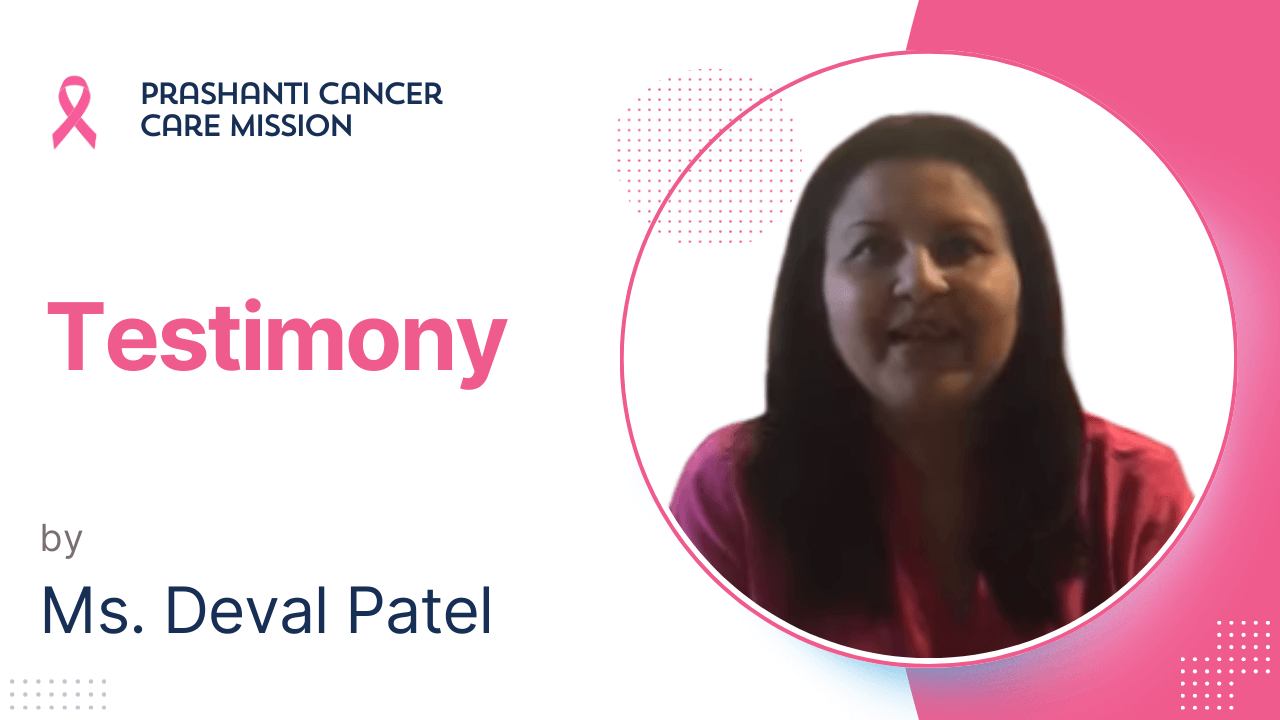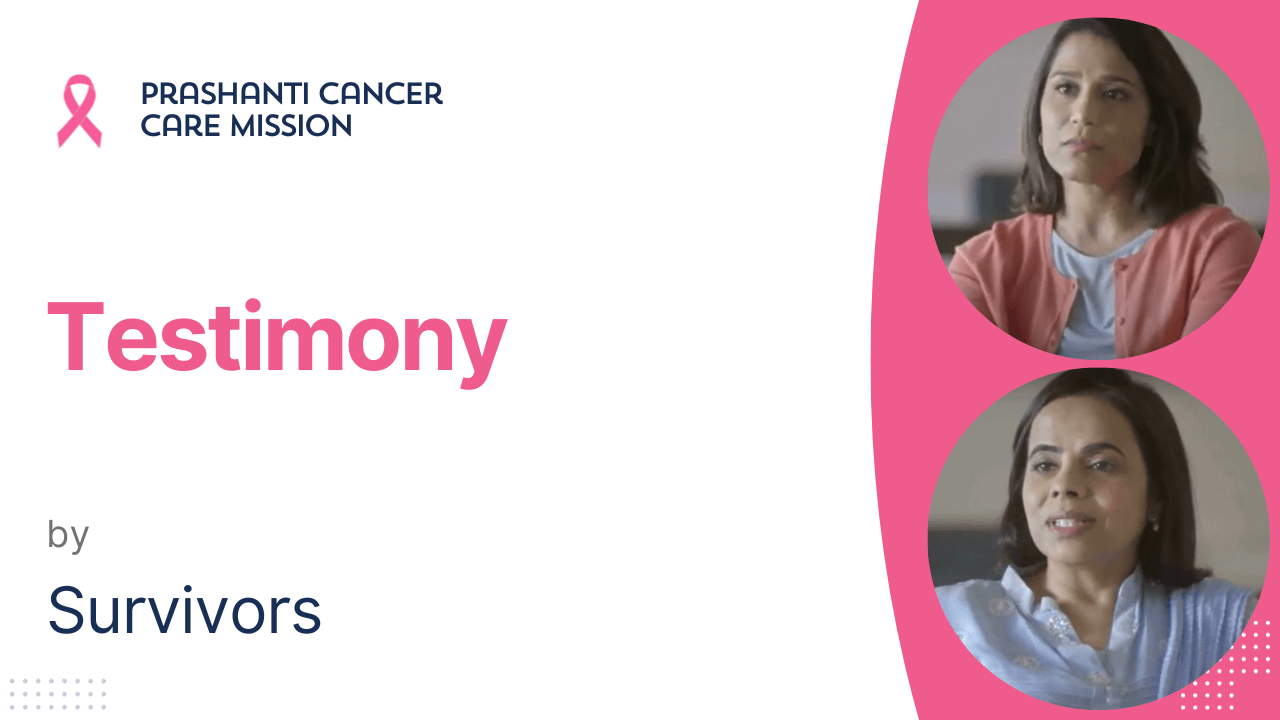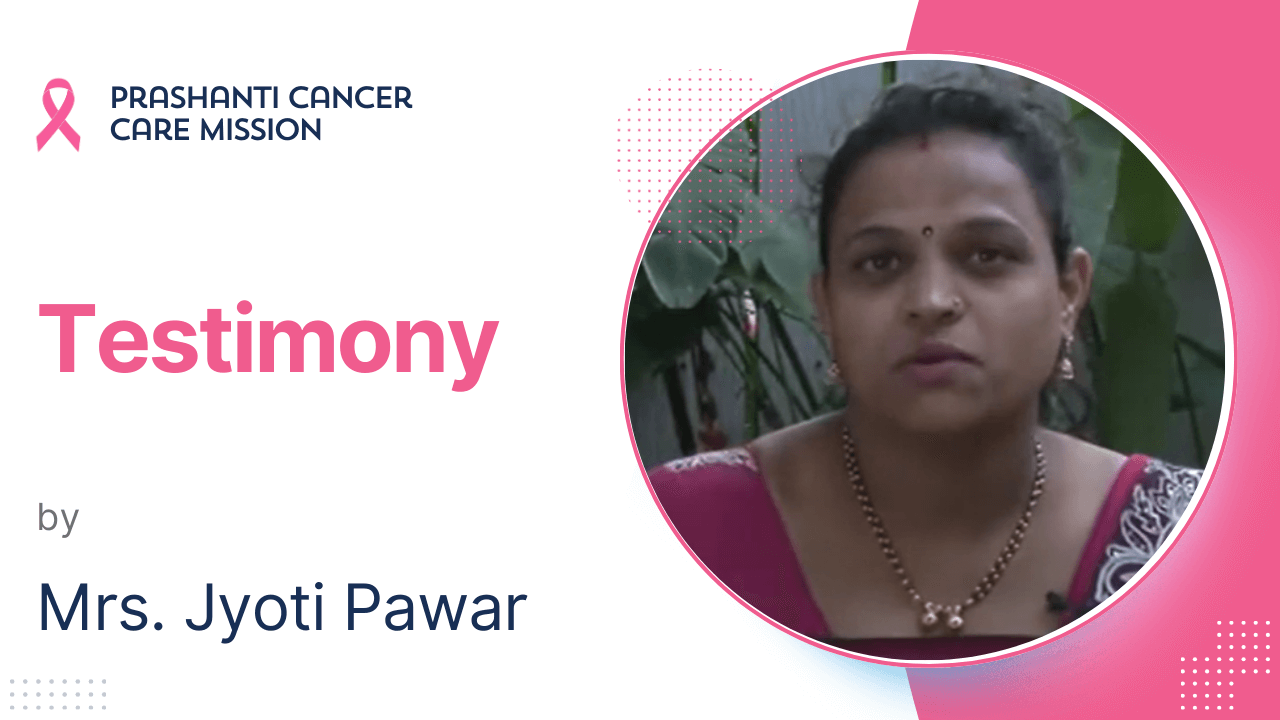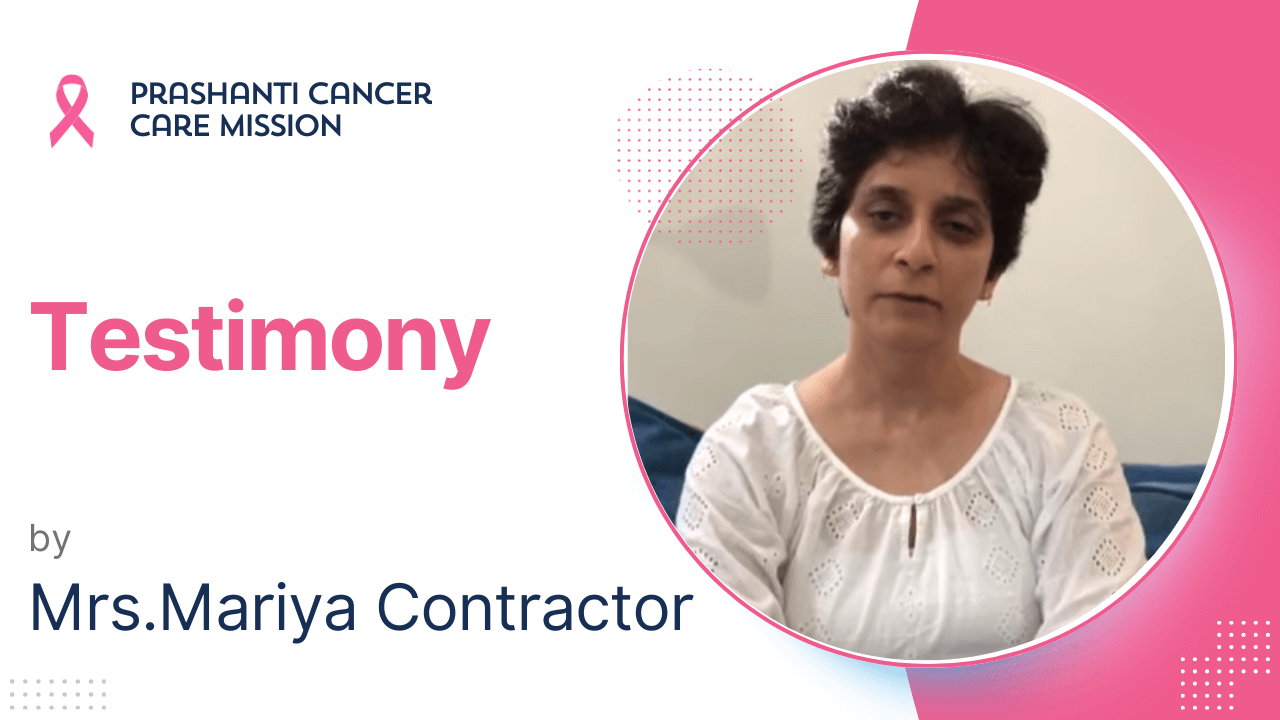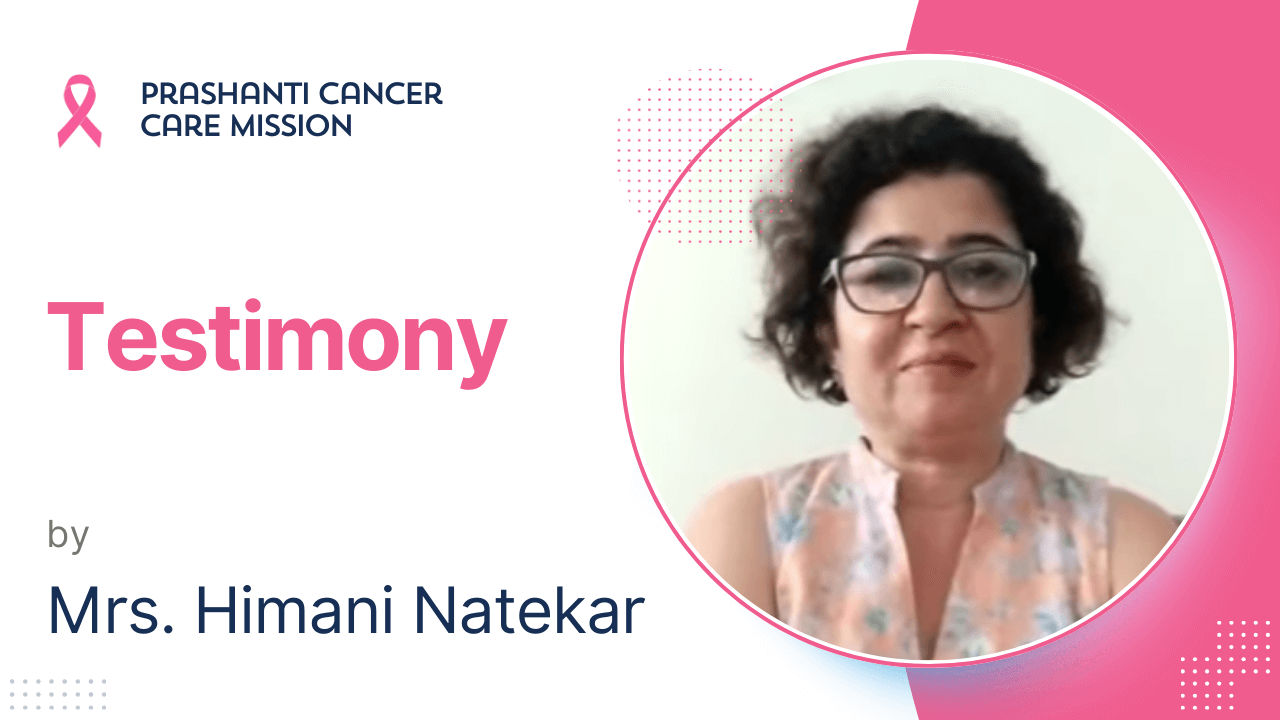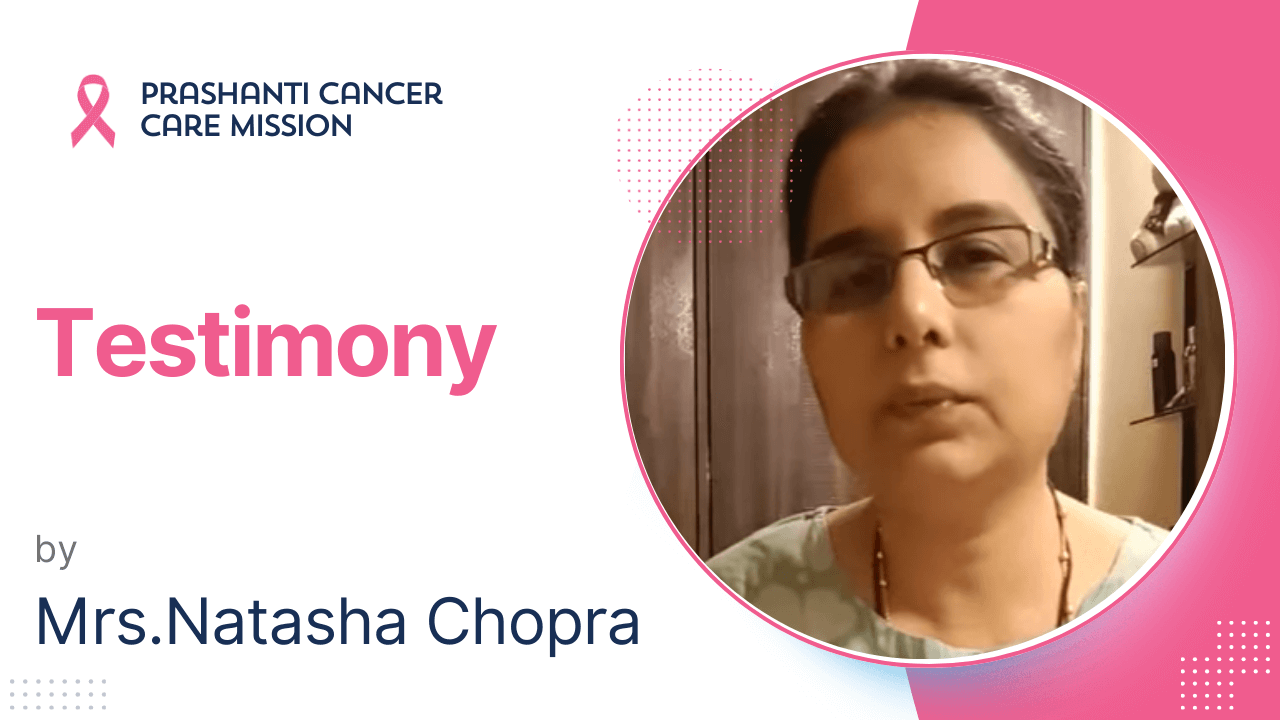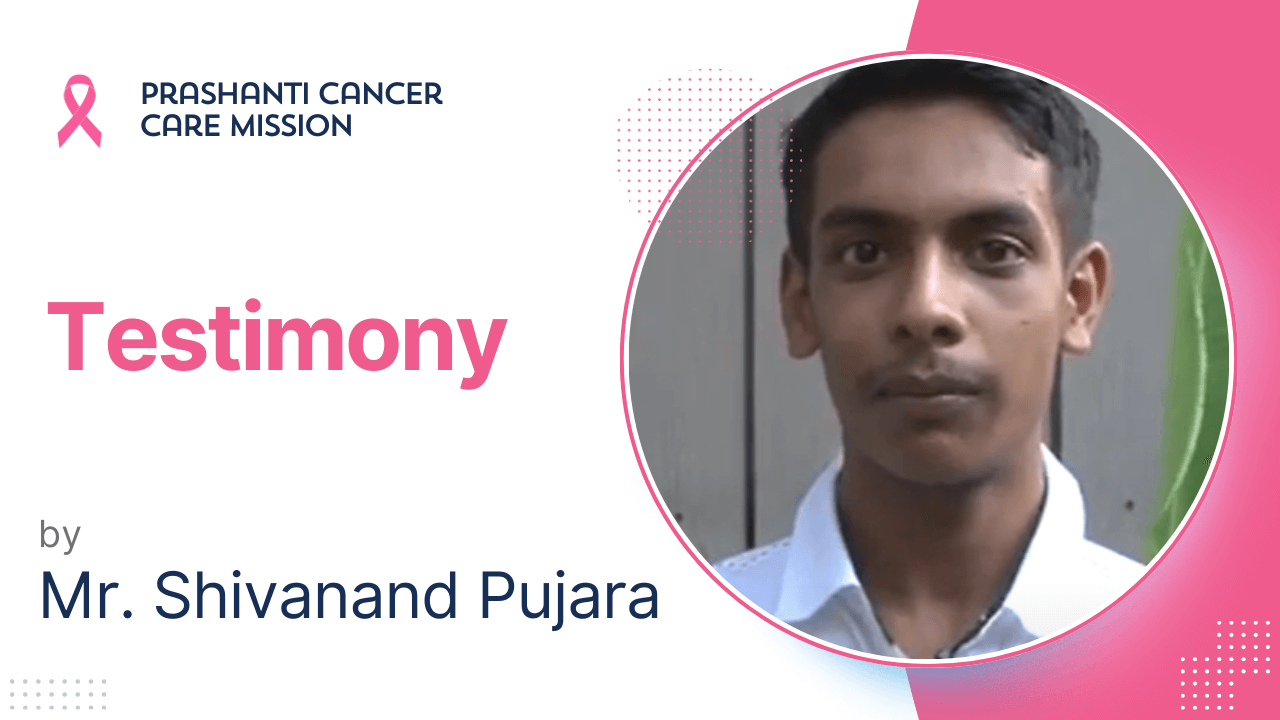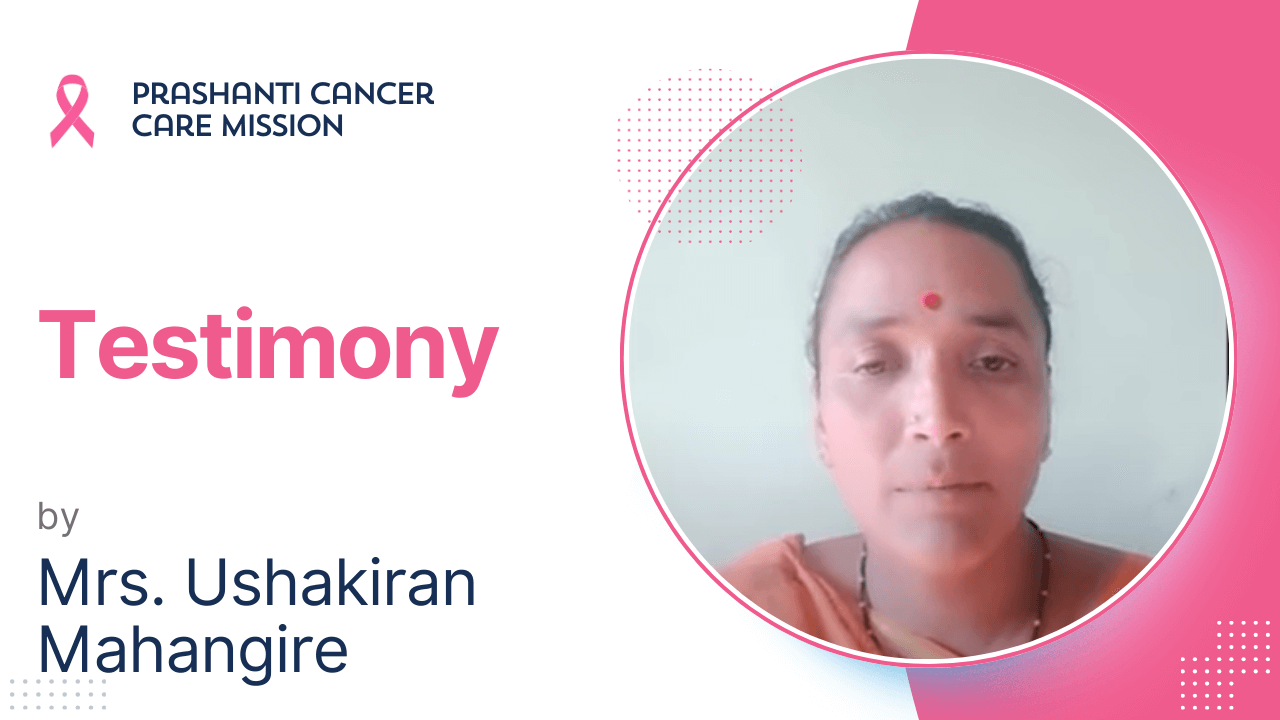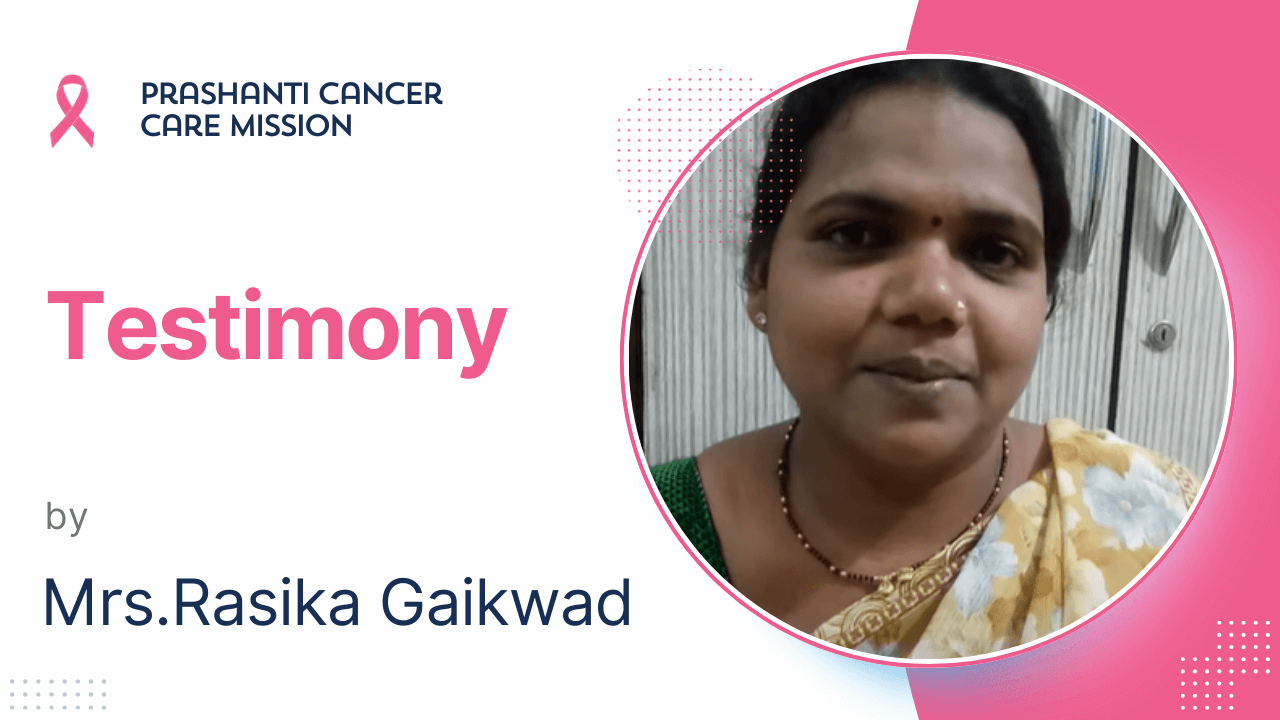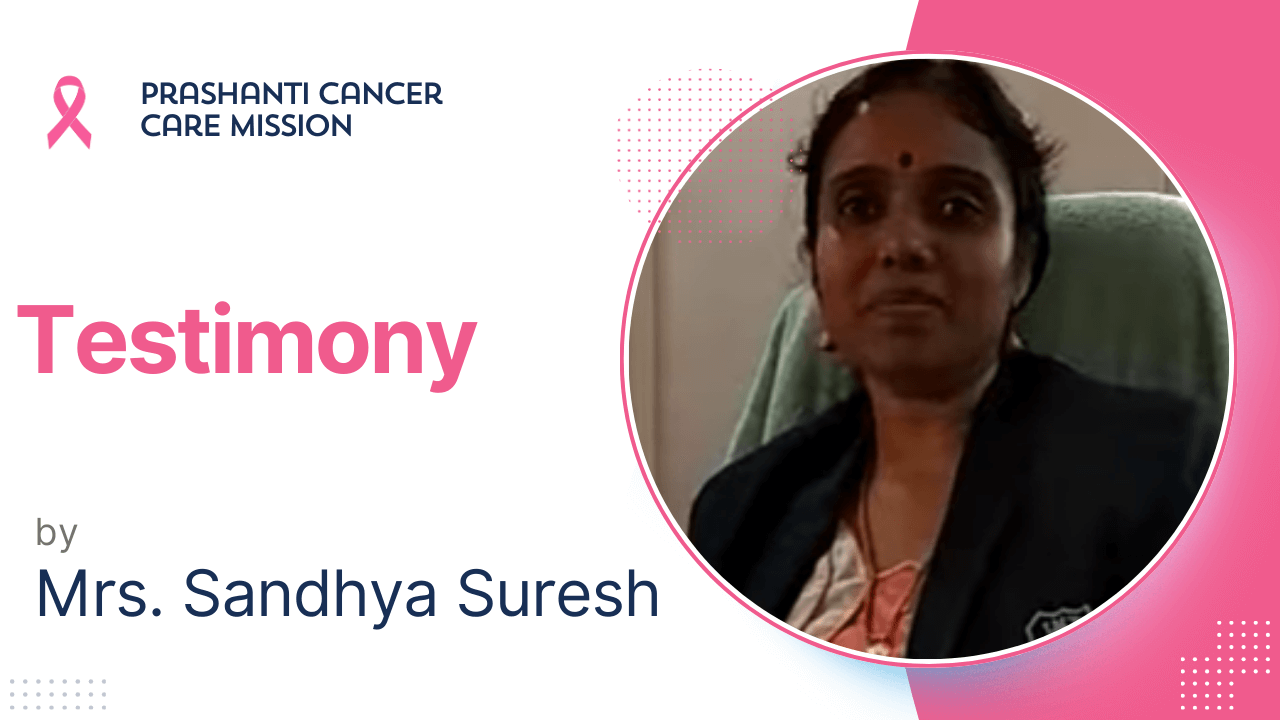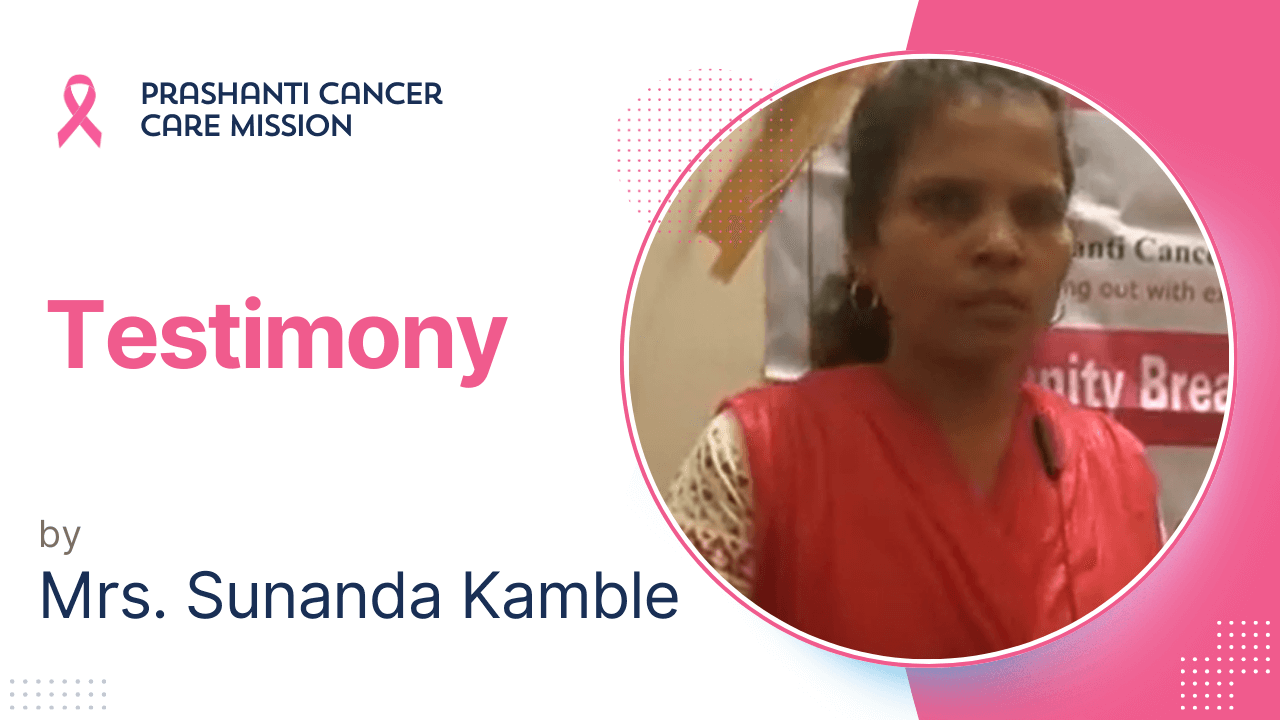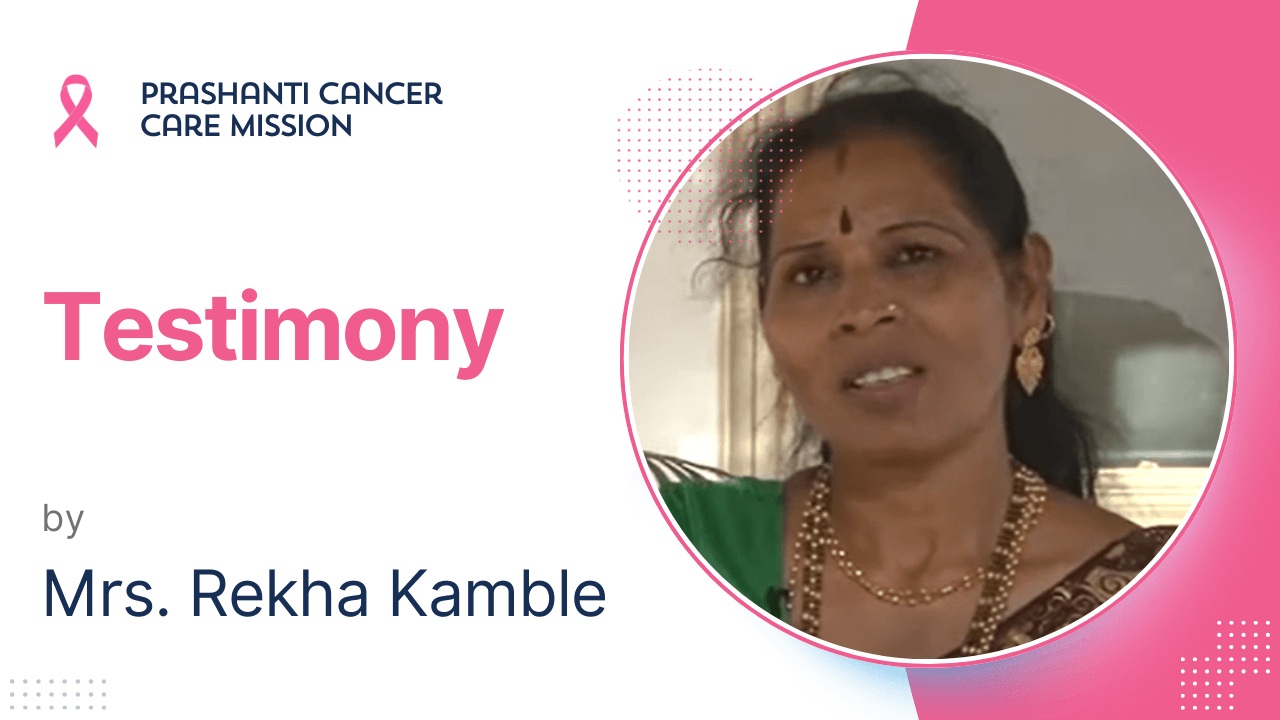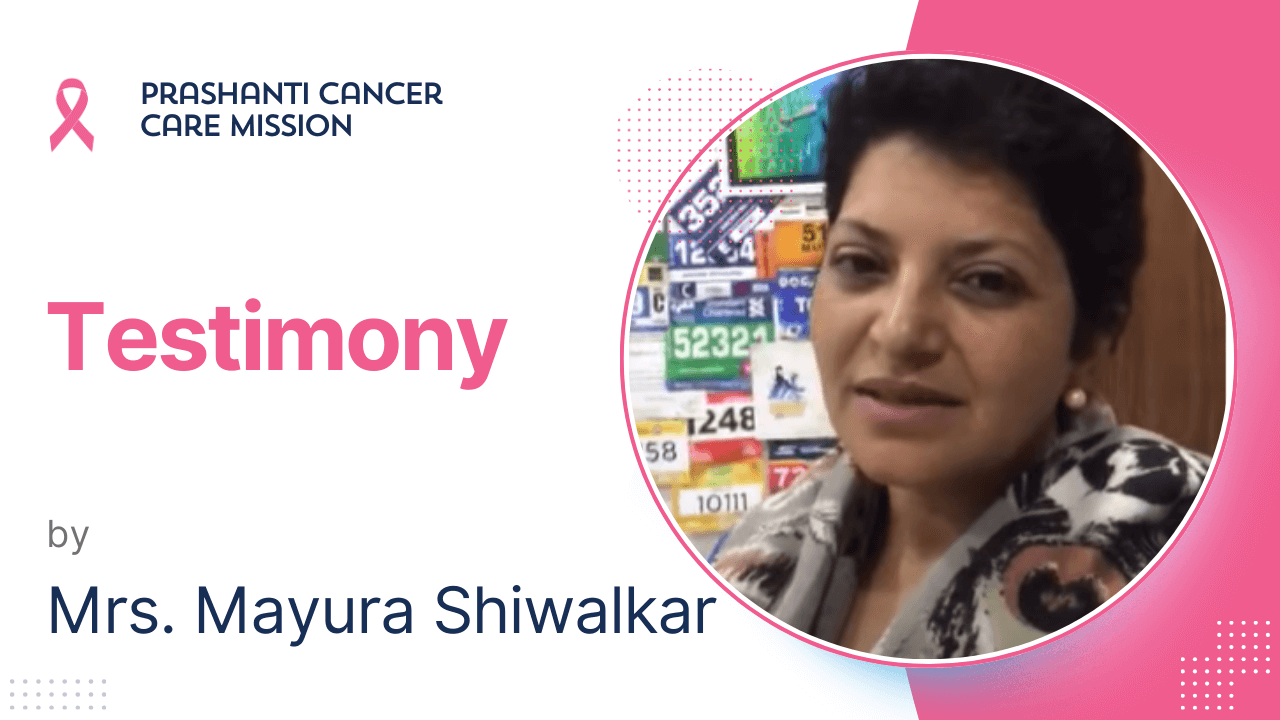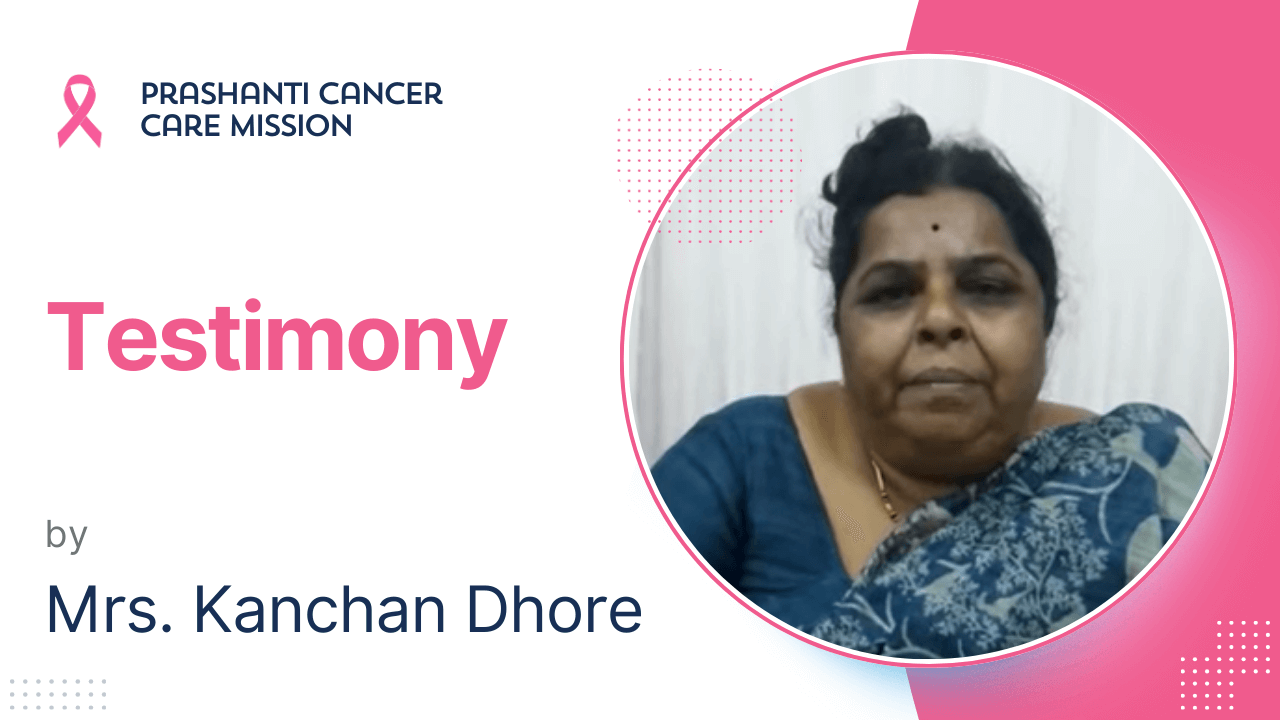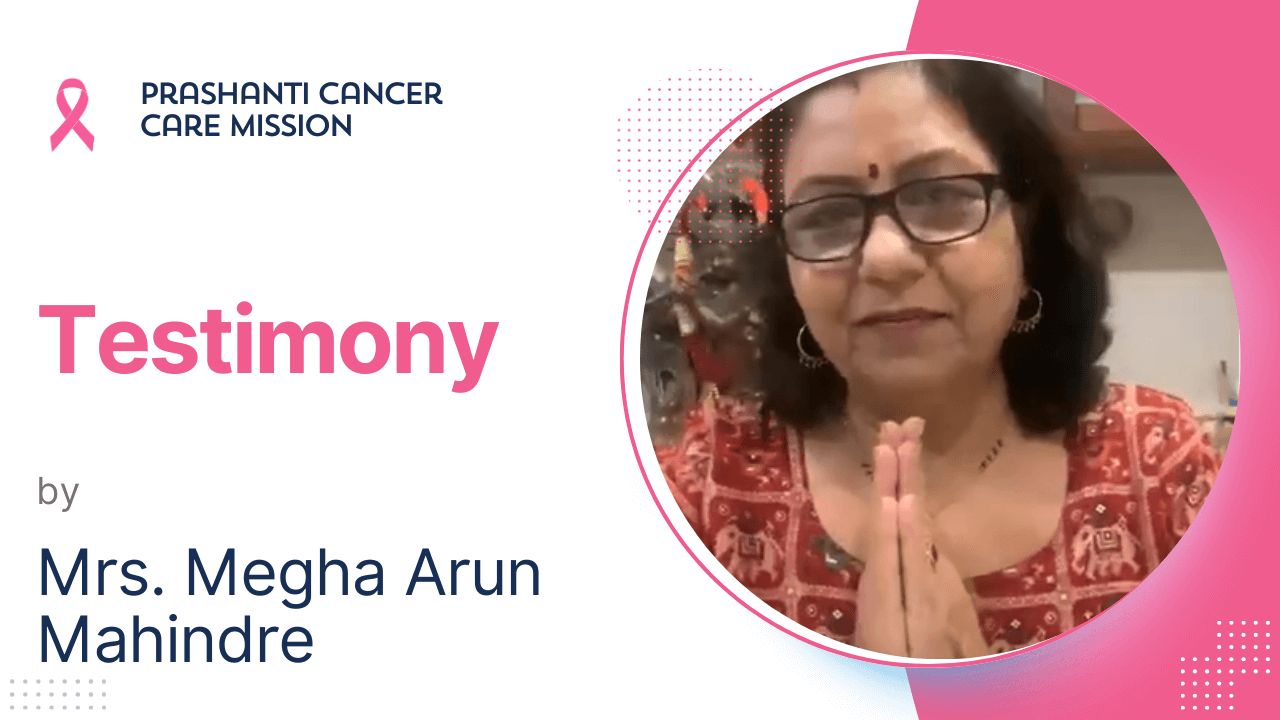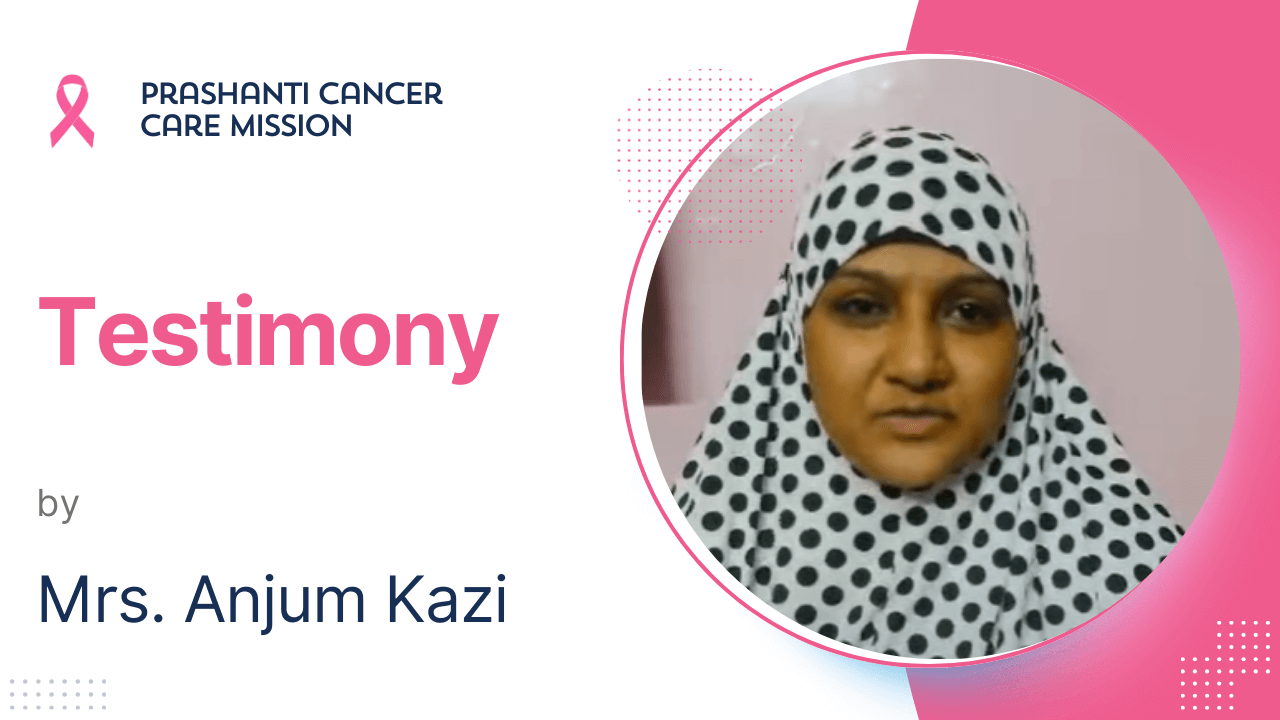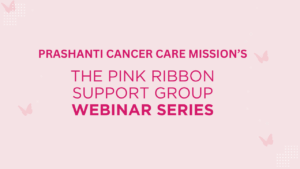Prashanti Cancer Care Mission (PCCM) is a registered NGO established in 1995. It was born out of the unfulfilled desire of departed cancer patients, caregivers, doctors and the community basically to provide freeship to patients who either didn’t start treatment or abandoned their treatment halfway due to lack of funds. Today this organization has grown to provide freeships in diagnostics, surgeries, chemotherapy, radiation, pharmacy and much more. It helps the patient and their families through the bewildering maze of challenges the disease brings to its wake.
One Voice, One Mission
BEATING BREAST CANCER
PCCM’s vision is to eradicate the barriers to quality healthcare, especially for underprivileged breast cancer patients, by providing free and affordable treatments and rehabilitation. PCCM aspires to lead the way in breast cancer education, training, and research, fostering a society that is well- informed, empowered, and capable of effectively combating breast cancer.
Statistics
Talks

Screening

Treated

Surgeries

fund beneficiaries

Counselled

Members

beneficiaries


Trained

